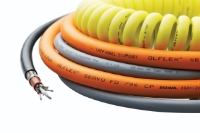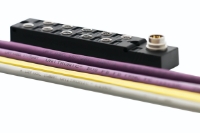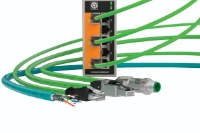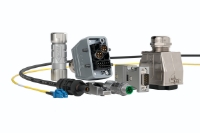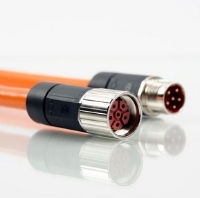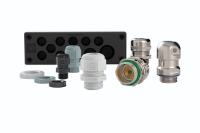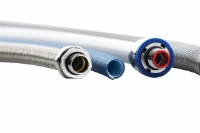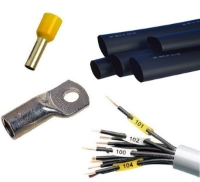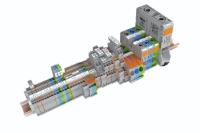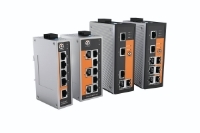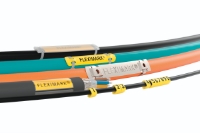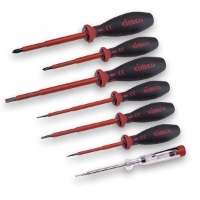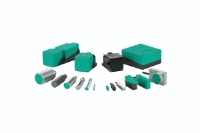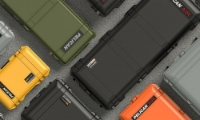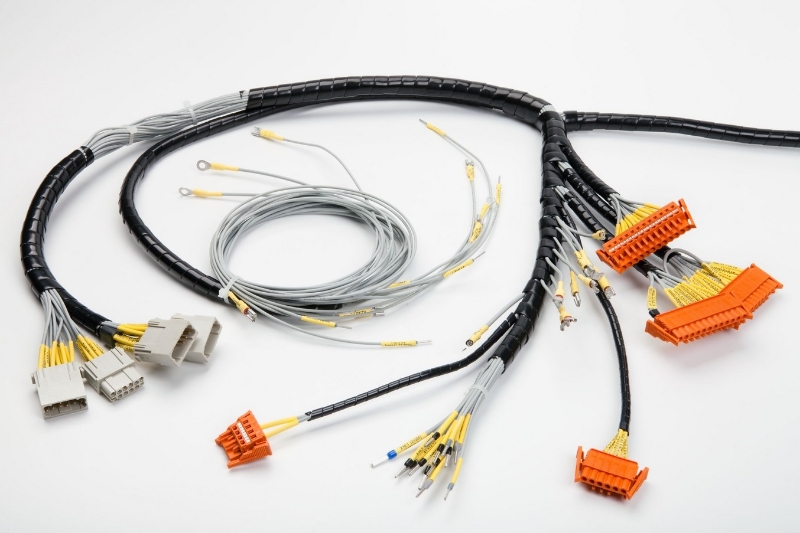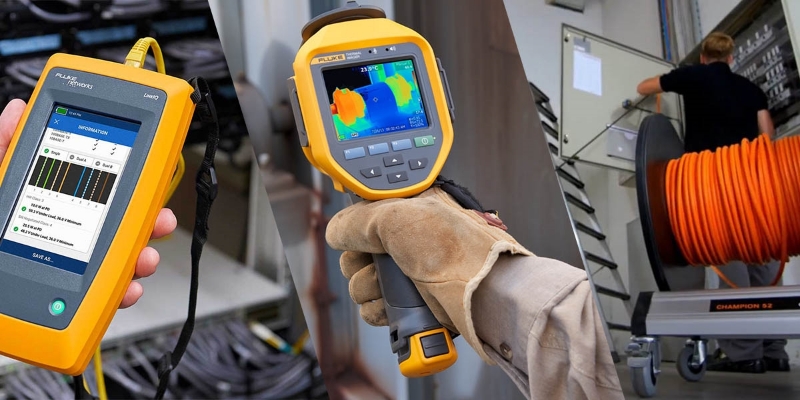The age of digitalisation in the industrial space is upon us.
Familiar terms, such as artificial intelligence (AI), cloud computing, advanced robotics, and augmented reality (AR), have been depicted in sci-fi movies in the 90s – and these are the same technologies that the industrial world is grappling with today.
![]()
Just like neurons (specialised cells transmitting electrical signals to be communicated within the human brain to make important decisions) machines and automation work in a similar way. Millions of data packets are being transmitted via cables and wireless technology every millisecond, or even faster, allowing information to be collected, stored, or exchanged, and the programmable logic controllers (PLCs) will be able to work intelligently to monitor efficiencies and performances in all of the automation related applications. In the world of connected machines, all of these can happen without the need for human intervention.
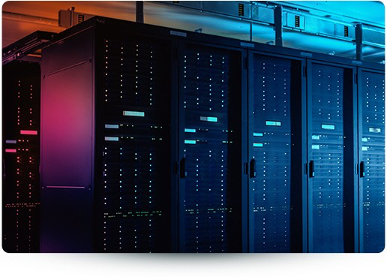

They say, “no man is an island”, however, machines were designed to work individually. They can work independently and perform their individual tasks to perfection, quickly and efficiently. By pressing and switching a few buttons, they can run all day long to manufacture and deliver products with a consistent quality.


Machine running speed needs to be faster than the version before. The machine needs to adopt machine learning algorithms for which, through the daily monitoring of the different parameters, the latter will be able to perform at its optimum settings, on its own decision. Different machines are also needed to communicate with the main control panel, with each other, and share data with possibly enterprise systems as well, to make a manufacturing process or production line more seamless. Connectivity is fast becoming a must-have requirement.
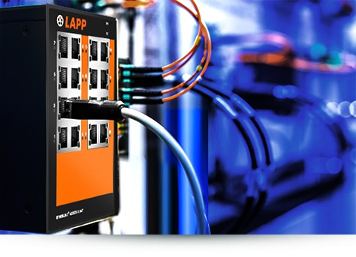

The basic functions of an industrial switch are to transmit data between connected devices on an industrial network, and communicate between devices with the same network protocol. Switches allow all the end devices within a machine such as drives, controllers, sensors, and actuators to be linked together. Typical connectivity may include copper or glass fibre cables. Recent trends from an IHS Markit report1 have revealed a shift in the industrial communication networks, from traditional fieldbuses to Ethernet technology. Industrial Ethernet switches have also become an increasingly popular choice with machine makers and panel builders.

The unmanaged switches, while keeping the basic functions, have additional features such as redundant power input and broadcast storm protection. The managed switches are more advanced than the unmanaged versions and have a wider array of features, such as simple setup of redundant network topologies with reconfiguration time less than 20 milliseconds and the ability to support many different protocols such as HTTP, Telnet, Ethernet/IP, Modbus/TCP and IPv6.

LAPP has also in the product range one of the slimmest industrial Ethernet switches in the industry. These compact design switches are robust and can withstand industrial environments, which allows the control cabinets to be designed in a way that is much more compact than before. One of the highlights in this range is the NF04T industrial slim switch which is also a basic NAT router with integrated firewall features. One can imagine one of such devices replacing several existing components in a machine that has similar functions.

